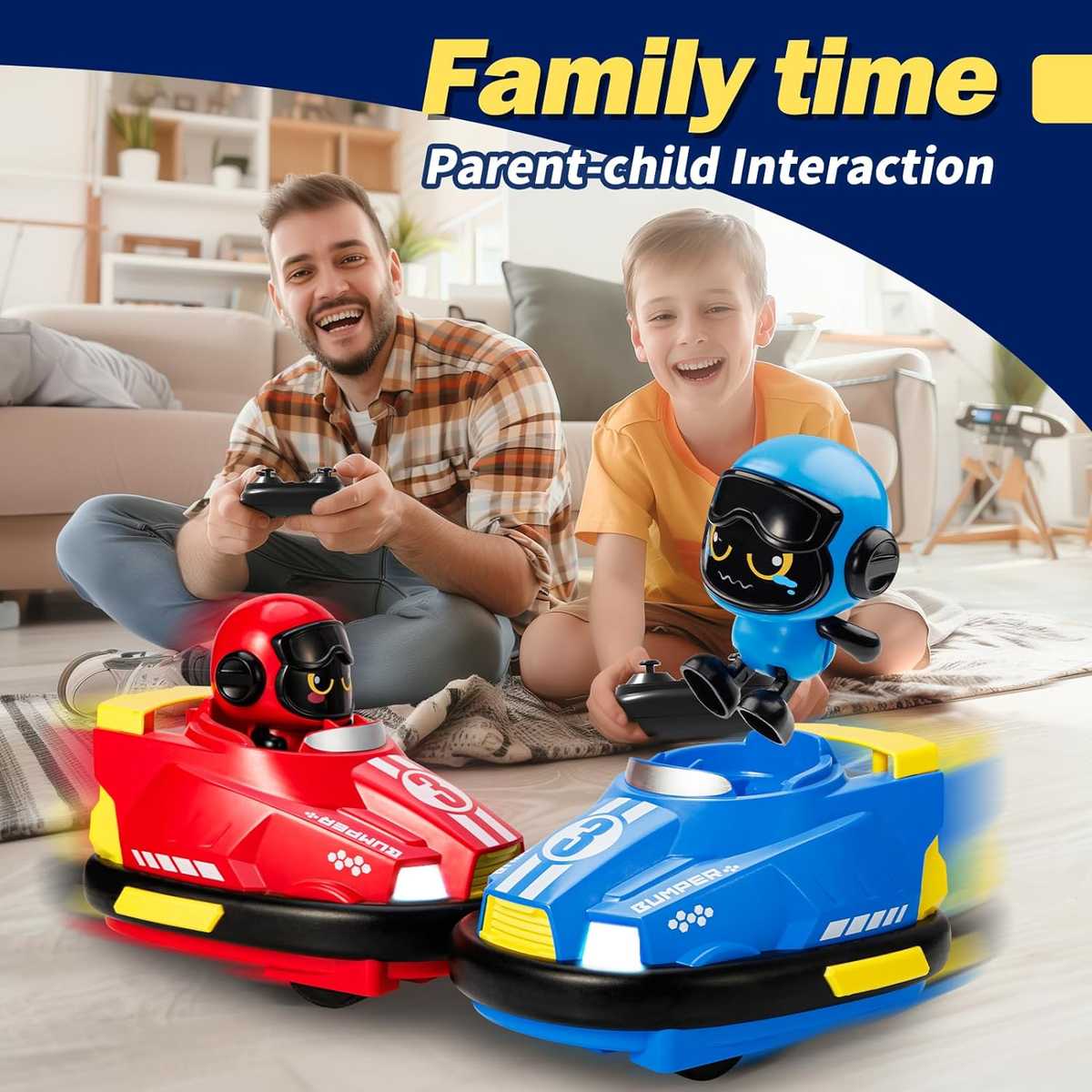How to Enjoy Playing with Your Kids: Simple, Joyful Tips for Real Connection
How to Enjoy Playing with Your Kids: Finding Joy in Family Playtime
Playing with your children is vital for their development, but let’s be honest—it’s not always fun for parents. Whether you’re exhausted from work, tired of the same games, or simply not a naturally playful person, the struggle is real. This comprehensive guide will help you transform playtime from an obligation into a genuinely enjoyable experience for both you and your children.
Why Play Matters: Benefits for Both Children and Parents
Children’s play isn’t just about fun—it’s fundamental to their development. According to research from Johns Hopkins Medicine, play enhances brain development, builds motor skills, fosters creativity, and develops emotional resilience. When children engage in play, they’re actually building crucial life skills.
For parents, play offers equally important benefits. It strengthens family bonds, reduces stress levels, and allows you to reconnect with your inner child. By reframing play as a bonding opportunity rather than another chore on your to-do list, you can alleviate the guilt many parents feel when they’re not in the mood to play.
Common Challenges Parents Face During Playtime
If you find playing with your kids challenging, you’re not alone. Here are some common hurdles parents face:
- Lack of imagination or play skills: Many adults, especially those who didn’t experience playful childhoods themselves, struggle with open-ended or imaginative play.
- Boredom and repetition: Children often want to play the same games repeatedly or follow strict rules that can become monotonous for adults.
- Time and energy constraints: After a long day of work, household chores, and other parenting responsibilities, finding energy for active play can feel impossible.
- Overwhelm from constant demands: This is especially challenging for parents of only children or younger kids who may demand extensive play.
- Neurodiversity and mental health factors: Parents with ADHD, autism, or depression may experience sensory overload or focus issues during play.
- Dealing with controlling or bossy behaviors: When children dictate every aspect of play, it can quickly become frustrating.
- Guilt and societal pressure: Parents often feel inadequate when comparing themselves to seemingly more playful peers or partners.
The problem is that you’re not playing the games or doing the activities you enjoy — you’re trying to play the ones your kids might like, but you don’t. Once you understand this, the solution becomes clearer: find activities that you both enjoy, so the time spent together becomes truly satisfying and memorable.
The Secret to Enjoying Playtime: Play Together in Ways That Work for Both
You don’t have to force yourself into endless pretend tea parties or building Lego castles until your back hurts. Instead, try activities that align with your strengths and energy levels, while still sparking your child’s joy.
Here are a few parent-approved strategies that make play feel less like a chore and more like quality bonding time:
✅ Start Small and Keep It Short
You don’t need hours. Just 10–15 minutes of intentional, child-led play can boost your connection. Set a timer if it helps!
✅ Do Activities You Already Enjoy
Love cooking? Let your child help make pancakes. Like puzzles or card games? Play those. The more fun you have, the more fun they will, too.
✅ Bring in Toys That Spark Joy for Everyone
This is where toys like the Bumper Cars Toy – RC Rechargeable Cars for Kids with Ejecting Riders shine.
This toy isn’t just for the kids—it’s hilarious and engaging for adults too. Each bumper car is remote-controlled and comes with a twist: when cars crash, the little riders eject and go flying. It’s the kind of unexpected fun that even tired parents can’t help but laugh at.
What’s better? You can make it a mini family tournament. Add some music, maybe a scoring board, and boom—you’ve got a play session that entertains everyone.
Fun Activities That Won’t Bore You
Here’s a list of kid-approved, parent-friendly activities that don’t suck the joy out of your day:
- RC Car Battles: Use toys like the Bumper Cars Toy to compete, laugh, and let loose. Even teens get in on the action!
- Scavenger Hunts: Indoors or out, create silly clues and hide everyday objects.
- Obstacle Courses: Use pillows, chairs, and hula hoops to set up a mini challenge course.
- Craft & Create: Try baking, painting rocks, or making DIY cards.
- Dance Breaks: Turn on music and dance it out—even two minutes of silliness can recharge everyone.
- Shared Hobbies: Love photography? Let your child be your model. Like gardening? Give them their own pot to care for.
What If You’re Just Not “Playful”?
That’s okay. You don’t have to be the “fun parent” who invents pirate adventures every day.
Instead:
- Follow your child’s lead: Narrate what they’re doing instead of trying to drive the play.
- Focus on bonding: Ask open-ended questions about what they’re building or drawing.
- Lean into your style: If you’re more structured, stick to board games or collaborative crafts.
Overcoming Common Playtime Barriers
Here are a few challenges you might face—and how to solve them:
| Challenge | Solution |
| “I’m too tired” | Keep play sessions short. 10 minutes is enough to make an impact. |
| “I hate pretend play” | Pick toys you like too—RC cars, crafts, scavenger hunts. |
| “My child is too bossy” | Set limits gently: “Let’s take turns being the superhero!” |
| “I don’t know what to do” | Watch how your child plays, then imitate or ask to join. |
| “Too many screens at home” | Make screen-free times a rule, and schedule exciting physical play. |
Make It a Habit, Not a Hassle
The more often you play in ways that feel good, the easier it becomes. Try:
- Daily 10-minute bursts (morning, afternoon, and evening)
- Weekly rituals: Friday game night, Sunday park play, etc.
- Seasonal lists: Create a “summer bucket list” of things to do together
Remember, consistency matters more than duration. A little effort every day builds connection over time.
Final Thoughts: Play That Brings Everyone Joy
Play doesn’t have to be a performance. It doesn’t require being the “perfect parent.”
It just needs to be real, fun, and shared.
So if you’ve been feeling burnt out by yet another round of make-believe grocery shopping, consider this your permission to pivot. Try something new—something you’ll actually enjoy.
Whether it’s battling with RC bumper cars, dancing to silly songs, or turning chores into games, the best memories come from authentic joy, not obligation.
So go ahead. Crash a few cars, laugh out loud, and rediscover the magic of play—together.




